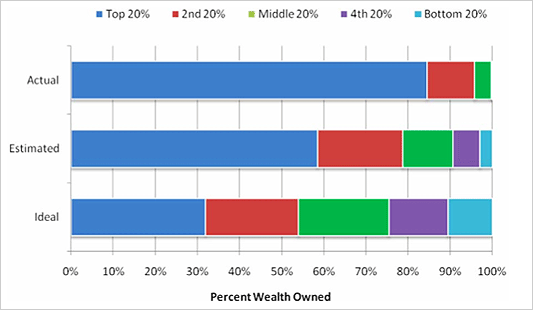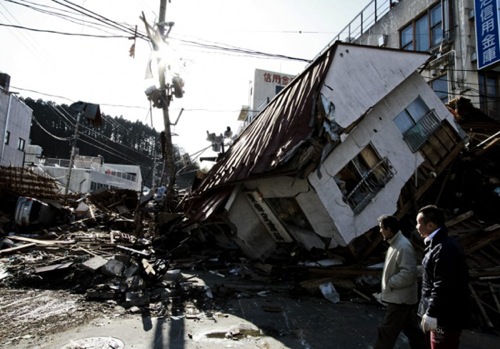Check out this inspiring new video by our friends at charity: water!
Is Earth Day your favorite day of the year? Do you care more about the sky or the trees?
Go to Your Nonprofits to find the perfect organization to support!
p.s. There’s an awesome fundraising contest going on right now – if you can pull together the most money for charity: water, you get to go to Africa with Will Smith and Jada Pinkett.
Bienvenidos a Malawi! (Gettin’ filtered with it? The Fresh Prince of Fresh Water?) The current leader has raised less than $12,000. You can beat that, right?





